Jack Purnell was a born fighter, especially in close-combat, and was probably an early version of an elite special forces soldier during.
He served with a gunnery unit as a forward observer officer serving with the 18th Field Regiment in the WWII Far East campaign - the ‘forgotten’ war.
Although Jack and his service colleagues roles have been largely unheralded, that is not the case in Tavistock where a memorial service was held and a VJ eightieth anniversary tribute event staged. Tavistock Area Support Services (TASS) hosted the presentation of VJ memories as a way of supporting the mental health of users.
An observer’s role was precarious and required stealth to get as close to the enemy as possible to pin-point their position and relay it to his colleagues so they could fire as accurately as possible.
Jack joined the Territorial Army before World War II and fought in major battles like Imphal and Kohima as part of the 14th Army under South East Asia Commander General Slim.
His son Anthony, of Tavistock, presented the tribute. He said: “His role required expert communication and targeting skills in challenging jungle combat conditions. He needed to navigate and pass on the position of enemy guns in jungle, with very few obvious landmarks.
“He and could come face-to-face with the Japanese at any time in impenetrable jungle. The only choice was close-combat or hand-to-hand combat. This seemed to suit my dad who was, apparently, known for being an unorthodox soldier, not keen on the normal rules of Army engagement.
“This attitude was understandable, considering he assumed he would be killed by the Japs, rather than be captured, because of his role. He and his colleagues assumed this because the Japanese had not ratified the Geneva Convention because of their military ethos emphasised honour and sacrifice, viewing surrender as deeply shameful.”
This cultural perspective made the humane treatment of PoWs less of a priority. PoWs were used as forced labor in harsh conditions in the notorious prison camps.
“Jack was a tough fighter, Royal Artillery troops were often like that because they sometimes operated like what we now know as special forces, behind the lines with little support. After the war many turned down awards because they didn’t get the operational support they thought they deserved. He was mentioned in despatches for his brave actions in Burma, but we won’t know why until his records are released in 2030. He did refuse a commendation, saying he fought for self-survival, not out of bravery.”
A high proportion of ‘bombardiers’ also suffered post traumatic stress disorder.: “Jack certainly showed symptoms and would not sleep in a bed, preferring to lie on the bedroom floor. When he was woken by my mum he reacted as if she was the enemy and tried to kill her until he realised where he was. He never forgave the Japanese, which wasn’t helped after his best mate was blown up by the Japanese when he was engaged.”
After the war Jack continued as an Army carpenter supporting post-war reconstruction and later took Anthony fishing in his own boat. Anthony was impressed by his dad and joined the Army as a medic. He said research showed jungle parasites in Far East conflict veterans bodies 40 years after the conflict.
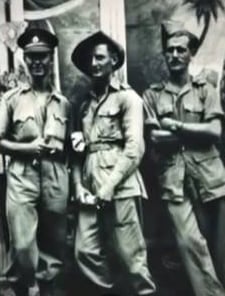
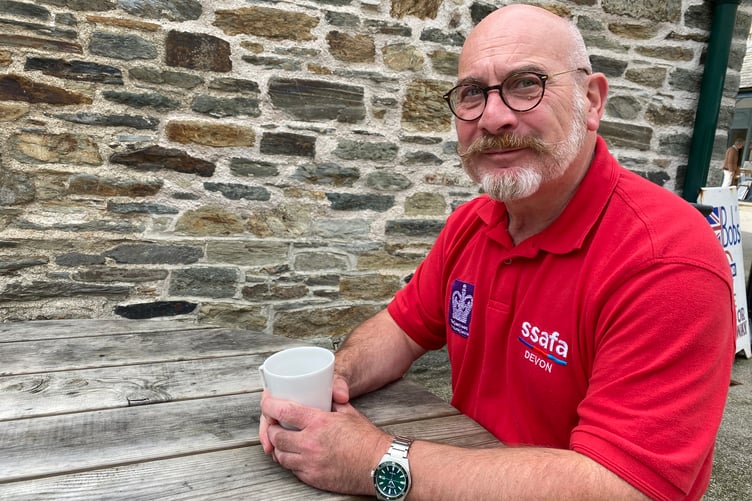
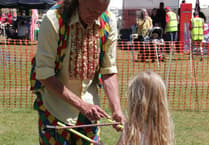
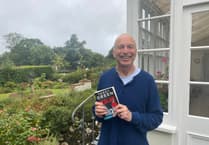

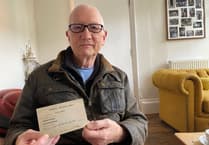
Comments
This article has no comments yet. Be the first to leave a comment.